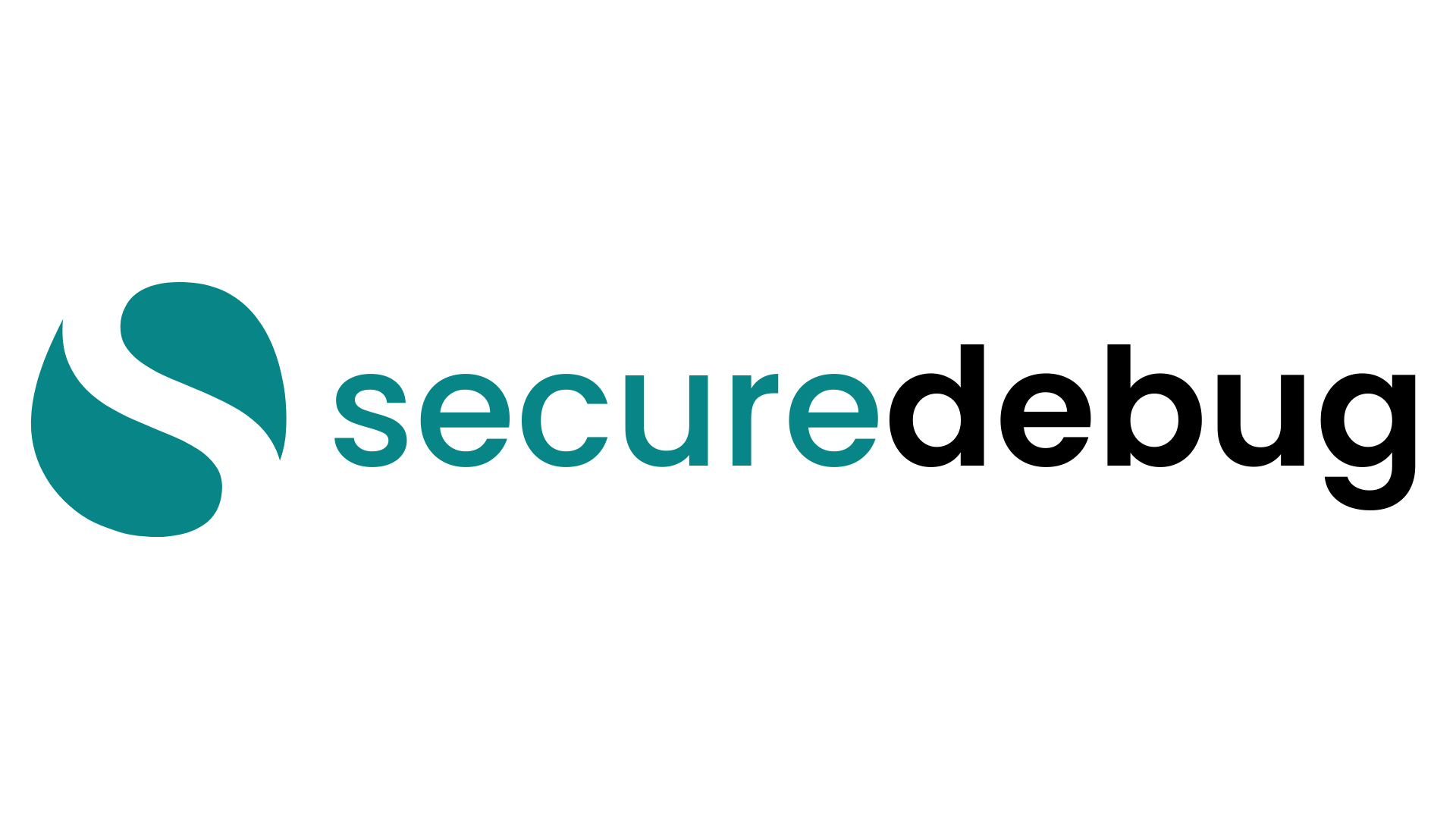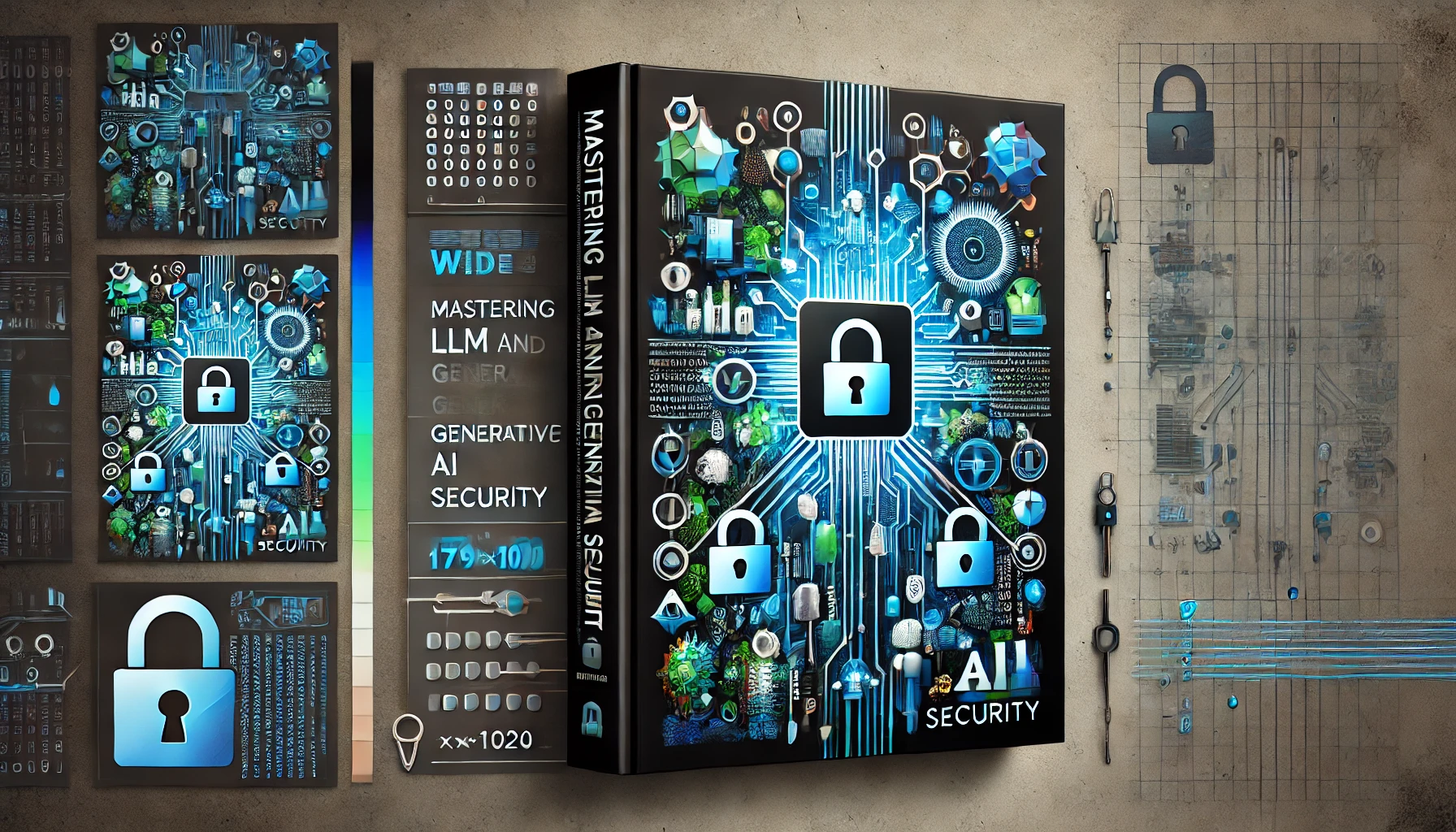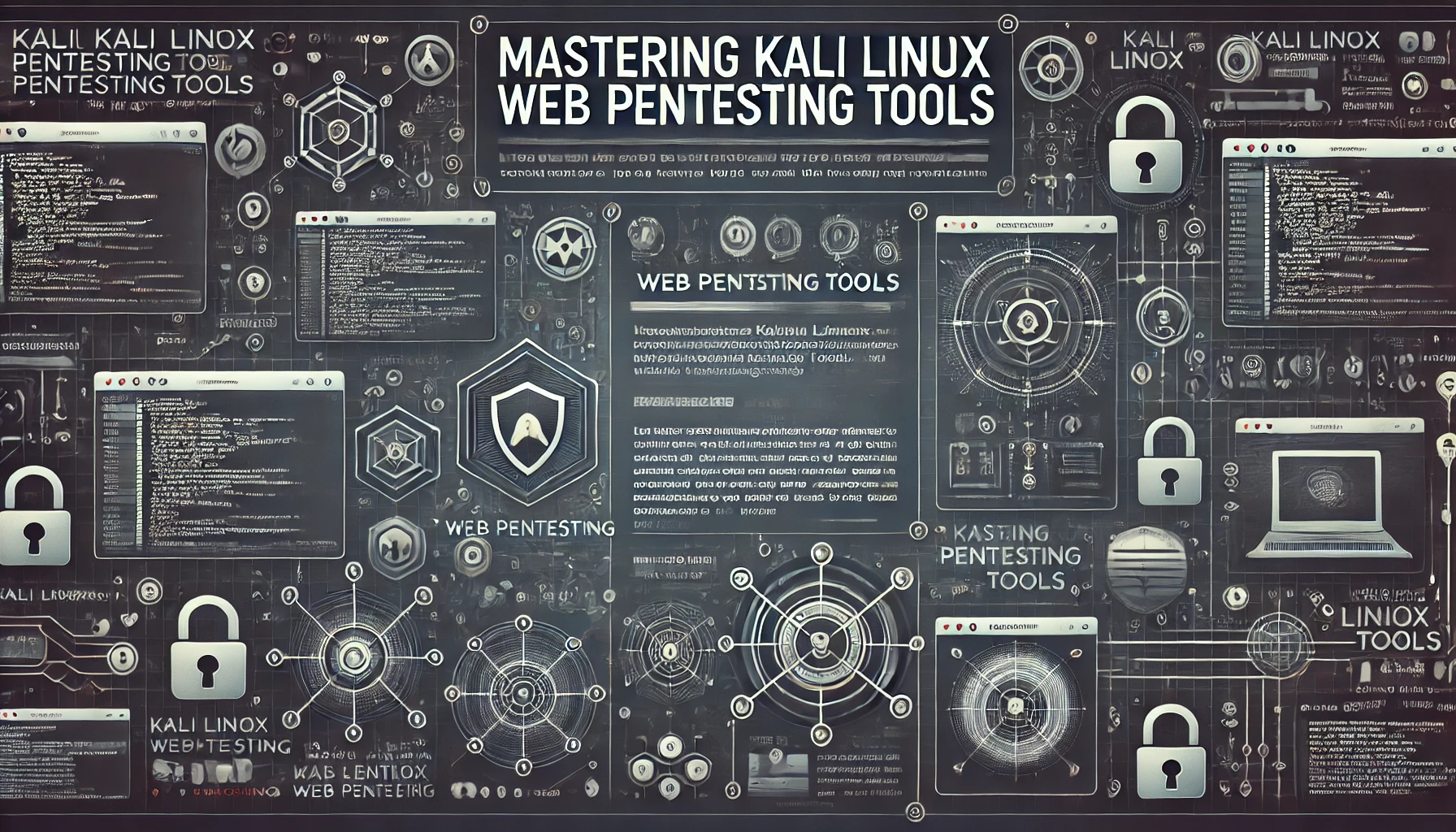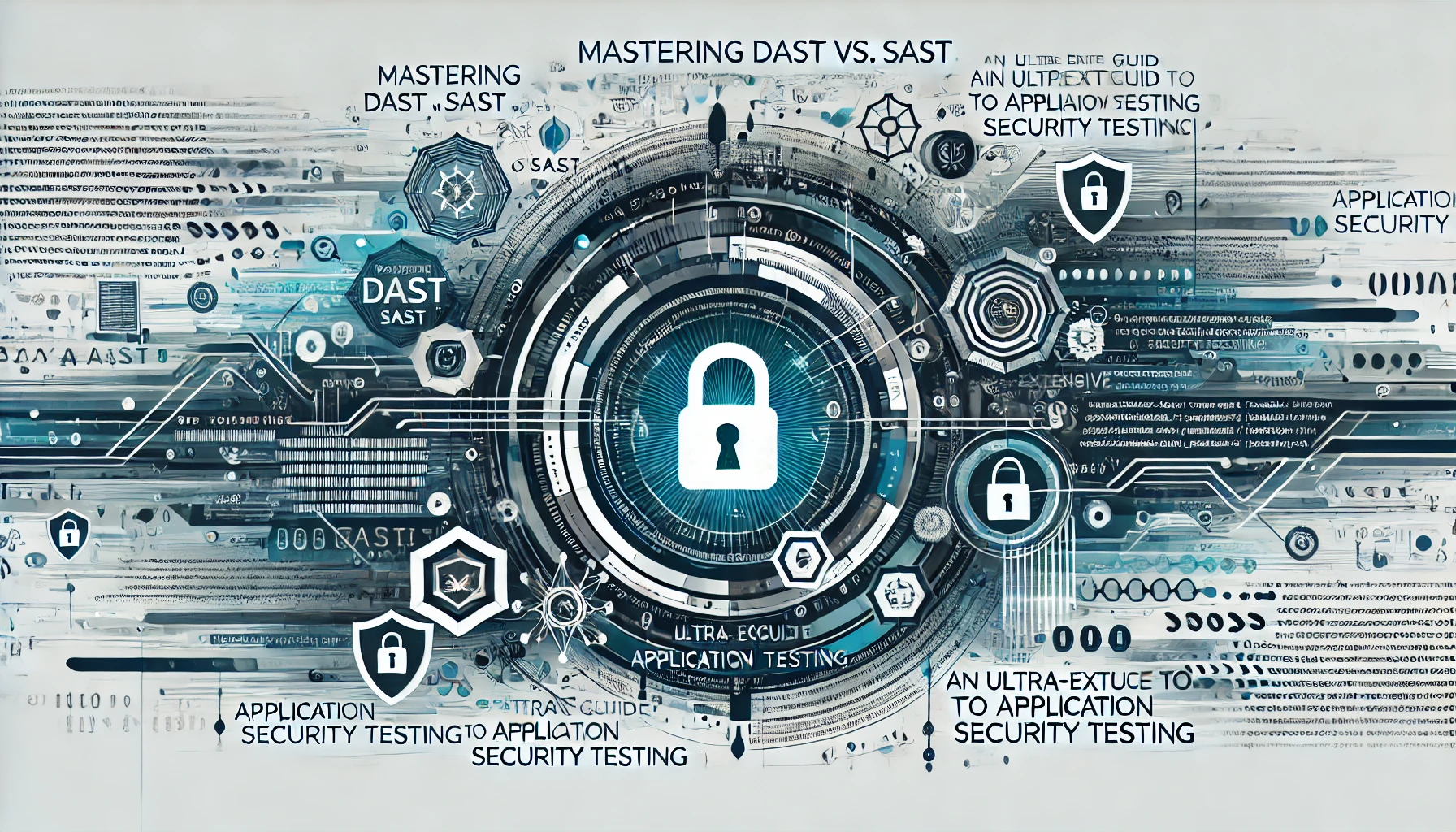Securing the Future: Understanding Blockchain Security
Welcome to the Secure Debug blog! In this post, we will delve into the fascinating world of blockchain security and explore its importance in today’s digital landscape.
Blockchain technology has revolutionized industries by providing decentralized and transparent systems. However, like any digital infrastructure, it is not impervious to threats. Understanding blockchain security is crucial to safeguarding sensitive information and ensuring the integrity of transactions.
The Fundamentals of Blockchain Security
At its core, blockchain security relies on cryptographic techniques to secure data and prevent unauthorized access. Let’s explore some key aspects:
- Decentralization: Blockchain’s distributed nature reduces the risk of a single point of failure, making it resilient to attacks.
- Consensus Mechanisms: Various consensus mechanisms like Proof of Work (PoW) and Proof of Stake (PoS) ensure the validity of transactions and prevent malicious activities.
- Immutable Ledger: Once a transaction is recorded on the blockchain, it becomes virtually impossible to alter, providing an auditable and tamper-proof history.
Common Blockchain Security Risks
While blockchain technology offers robust security, it’s essential to be aware of potential vulnerabilities:
- 51% Attack: If an entity controls the majority of the network’s computing power, they can manipulate transactions and disrupt the consensus mechanism.
- Smart Contract Vulnerabilities: Flaws in smart contracts can lead to exploits, resulting in financial losses or unauthorized access to sensitive data.
- Private Key Management: Poor private key management practices can lead to unauthorized access and compromise the security of blockchain wallets.
Enhancing Blockchain Security
To ensure the robustness of blockchain security, several measures can be implemented:
- Multi-Factor Authentication (MFA): Implementing MFA provides an additional layer of security by requiring multiple credentials for access.
- Auditing and Penetration Testing: Regular auditing and penetration testing help identify vulnerabilities and ensure proactive security measures.
- Secure Smart Contract Development: Following best practices, such as code reviews and extensive testing, can minimize the risk of smart contract vulnerabilities.
- Hardware Wallets: Storing private keys in hardware wallets instead of online platforms adds an extra layer of protection against unauthorized access.
Conclusion
Blockchain security is paramount in an increasingly digital world. Understanding its fundamentals, identifying common risks, and implementing robust security measures are essential for organizations and individuals leveraging blockchain technology.
At Secure Debug, we prioritize blockchain security and offer comprehensive solutions to protect your digital assets. Stay tuned for more insightful articles on cybersecurity and emerging technologies!







